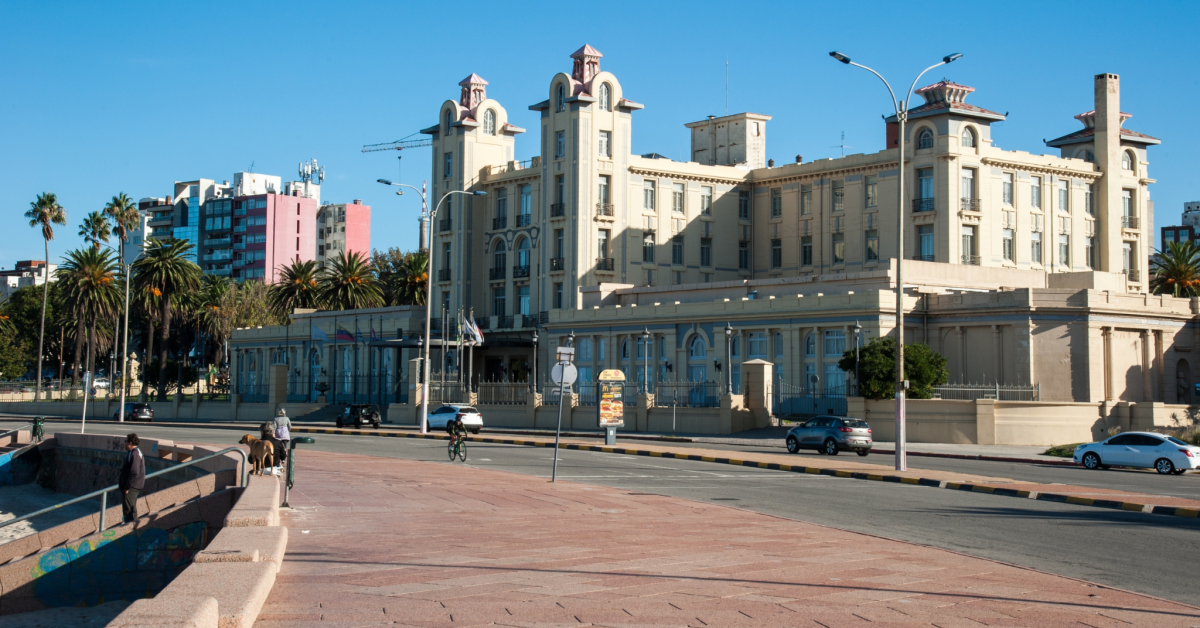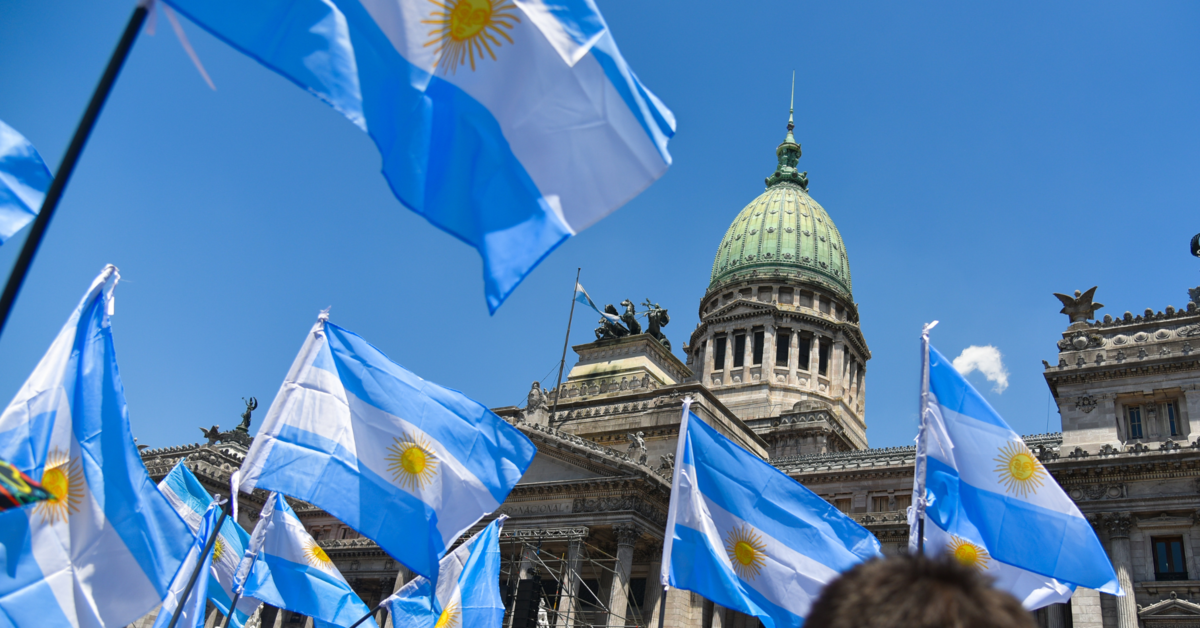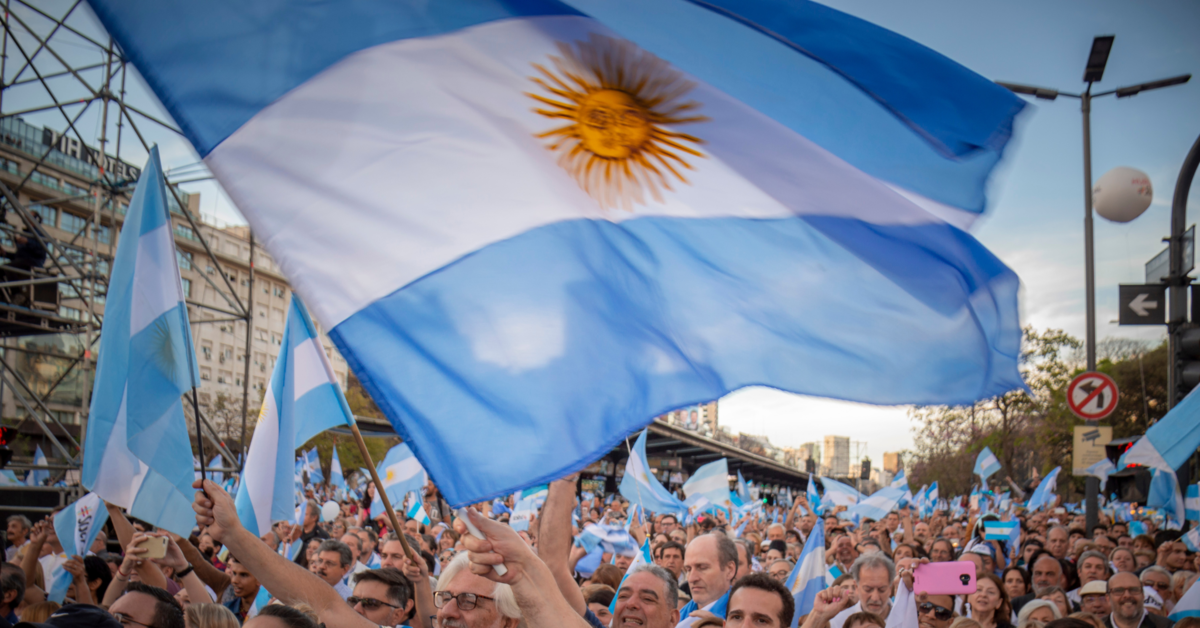At a Glance
- Progress was made on the EU-Mercosur trade agreement, but leaders failed to close the deal. It remains to be seen how Argentina’s newly elected president, Javier Milei, who took office on December 10, will impact dynamics in the bloc and prospects of finalizing the agreement.
- Escalating tensions between Venezuela and Guyana overshadowed the summit, prompting member countries to call for regional stability and Brazil’s Lula to offer to host negotiations.
- The six-month presidency pro tempore passed from Brazil to Paraguay, with Santiago Peña now as the president.
- Bolivia became a full member of the bloc, joining Brazil, Argentina, Uruguay, and Paraguay, after eight years of negotiation.
- A free trade agreement was signed with Singapore—the bloc’s first with a Southeast Asian nation—ending tariffs on all products imported by Singapore from Mercosur.
Context
Mercosur’s 63rd Summit of Heads of State was held in Rio de Janeiro on December 7 with high expectations for the EU-Mercosur trade agreement. The presidents of all countries of the bloc were present: Luis Inácio Lula da Silva of Brazil, Alberto Fernández of Argentina, Luis Alberto Lacalle Pou of Uruguay, Santiago Peña of Paraguay, as well as Luis Arce of Bolivia, which just became a full member of the bloc.
Tensions between Venezuela and Guyana overshadowed the summit. The meeting was held the same week that Venezuela announced its intention to annex 75% of neighboring Guyana’s territory. Though neither country is part of the bloc—Venezuela was suspended in 2016 for not complying with the bloc’s democratic requirements—escalating conflict in the region affects broader stability for all Mercosur countries.
In his opening address, Brazilian President Lula da Silva emphasized South America's aversion to war and called upon Mercosur member countries to actively engage in addressing the regional tensions. He also suggested that CELAC (Community of Latin American and Caribbean States) and UNASUR (Union of South American Nations) be the diplomatic bodies to mediate, and that Brazil could host negotiations. Brazil's Ministry of Defense reported that it has increased its military presence along its northern border, near Venezuela and Guyana.
Brazil’s six-month presidency pro tempore has now passed to Paraguay, which will affect the continuity of EU-Mercosur trade negotiations.
EU-Mercosur Trade Agreement
The expected agreement failed to materialize. Finalizing the EU-Mercosur trade agreement was a main focus of this summit and one of Lula’s main objectives during his Mercosur presidency. Just weeks before the summit, many diplomats from both blocs considered its finalization in 2023 a foregone conclusion. Summit leaders, however, failed to finalize the deal.
Several setbacks contributed to the stall. Argentina’s presidential election in November led its president, Alberto Fernández, to halt negotiations. With Milei’s victory, the new president needs to appoint a new negotiator so that Mercosur can resume good-faith dialogue with the Europeans.
Meanwhile, just days before the summit, French President Emmanuel Macron stated he is against the deal: “[The EU-Mercosur agreement] is completely contradictory to what [Lula] is doing in Brazil and what we are doing…This agreement, in essence, does not take into account climate biodiversity.” He noted that South American countries did not meet the same environmental standards as the French. The following day, EU Trade Commissioner Valdis Dombrovskis canceled his summit visit that would have looked to finalize the terms of the agreement.
The agreement’s future remains uncertain. Following the summit, the EU and Brazil published a joint statement affirming that negotiations are advancing. According to Brazil’s Minister of Foreign Affairs, Mauro Vieira, a "window of opportunity" remains to conclude the agreement by February 2024. However, Mercosur’s new president, Santiago Peña of Paraguay, said back in September that he had no intention of conducting negotiations with the Europeans during his six-month presidency, leaving the fate of the EU-Mercosur trade agreement up in the air.
Other Highlights
The bloc signed a free trade agreement with Singapore, the first of this type since 2011 and its first with an Asian counterpart. The partnership establishes the end of tariffs on all products imported by Singapore from Mercosur. In return, the bloc must ensure exemption for 95.8% of goods coming from the Asian country. The agreement also contains a chapter on e-commerce—a first for Mercosur. It establishes basic principles to support the development of e-commerce and promote exchange in the digital sphere, including commitments on electronic authentication, online consumer protection, unsolicited commercial communications (spam), paperless commerce, and electronic invoicing.
Brazil’s vice president and minister of Development, Industry, Trade and Services (MDIC), Geraldo Alckmin, highlighted that “Singapore is the 11th global investor, it has a strategic location, being a gateway to Asia, in particular to ASEAN (Association of Southeast Asian Nations)…This integration strengthens economic ties between Brazil and a region of great economic and commercial dynamism, creating opportunities for exports and investments.”
Bolivia's accession to Mercosur was signed after eight years of negotiation. Long an associate state to the bloc, Bolivia’s addition is estimated to add USD 43 billion to Mercosur’s GDP. It is expected to officially become a member within 30 days.
Lula used the Mercosur Summit to invite bloc members to become "partners" of the G20 and to take part in COP30. The Brazilian president recently assumed the rotating presidency of the G20, and Brazil is slated to host the UN climate conference in 2025. He also highlighted the need to debate artificial intelligence and suggested creating a special group to lead on AI.
For the first time since its establishment in 1991, Mercosur has more presidents on the right wing than on the left. The future of Mercosur will largely depend on how these political dynamics evolve, especially between the Lula administration and of the newly-elected Milei in Argentina—two leaders who appear at ideological odds.
What it Means for Business
- The agreement with Singapore provides the immediate elimination of tariffs charged on all Mercosur products imported by Singapore. Products that Mercosur considered most sensitive were excluded from the agreement's coverage. The agreement is expected to increase imports from Singapore and provide a commercial advantage compared to products that come from other regions.
- Uncertainty is the word for Mercosur now. The environmental regulatory impact on the EU agreement is still there, with no clear expectation of approval. The possibility of regional conflict between Venezuela and Guyana also brings more uncertainty to Latin America and places more expectations on Lula’s positioning.
- The political misalignment between countries of the bloc—most notably Argentina and Brazil—may indirectly impact regional cooperation and deals. Mercosur has already faced some difficult years with low political engagement during Bolsonaro’s term, so the bloc’s existing shortcomings may be exacerbated by Argentina and Brazil’s misalignment.



